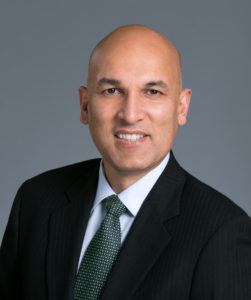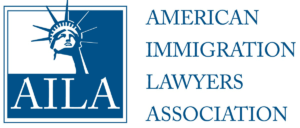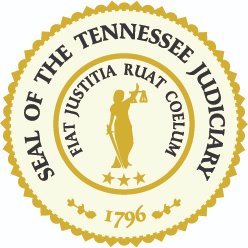What is an I-601A Waiver: Complete Guide
In the nuanced domain of U.S. immigration law, the I-601A Waiver, formally known as the Application for Provisional Unlawful Presence Waiver, offers a significant lifeline for certain individuals who are physically present in the United States but ineligible to adjust their status due to unlawful presence. This waiver allows eligible applicants to apply for a waiver of the unlawful presence grounds of inadmissibility before leaving the United States for their immigrant visa interview abroad. The I-601A waiver aims to minimize the time U.S. citizens or lawful permanent resident family members are separated from their relatives during the waiver process. This guide provides a detailed overview of the I-601A Waiver, including its purpose, eligibility criteria, and the application procedure.
Eligibility for an I-601A Waiver
To qualify for an I-601A Waiver, applicants must meet the following criteria:
- Be the beneficiary of an approved immigrant visa petition: This demonstrates a family relationship with a U.S. citizen or lawful permanent resident.
- Face inadmissibility solely due to unlawful presence: Applicants must only need a waiver for the three- or ten-year bar due to being unlawfully presence in the U.S.
- Demonstrate extreme hardship to a U.S. citizen or lawful permanent resident spouse or parent: The applicant must prove that their separation would cause extreme hardship to their U.S. citizen or lawful permanent resident relatives.
- Be physically present in the United States to file the application and provide biometrics: Applicants must meet these requirements to proceed with their waiver application.
Procedure & Requirements for I-601A Waiver Application
The process for applying for an I-601A Waiver involves several crucial steps:
- Assessment: Engaging with an immigration attorney is essential to evaluate eligibility and guide through the application complexities.
- Filing Form I-601A: Applicants must complete and submit Form I-601A, Application for Provisional Unlawful Presence Waiver, along with the required filing fee and supporting documentation to substantiate the claim of extreme hardship.
- Providing Evidence of Extreme Hardship: Submitting comprehensive documentation to demonstrate the extreme hardship that the U.S. citizen or lawful permanent resident spouse or parent would endure is pivotal.
- Awaiting Adjudication: The U.S. Citizenship and Immigration Services (USCIS) reviews the application, during which additional information or documentation may be requested.
- Decision: Approval allows the applicant to attend their consular interview with a provisional waiver, potentially reducing the time spent outside the United States. If denied, applicants may seek legal advice regarding appeals or reapplication under changed circumstances.
Related Issues
Applying for an I-601A Waiver involves navigating various challenges:
- Proving "Extreme Hardship": This requires detailed evidence and can be highly subjective, depending on the officer reviewing the case.
- Application Denial Risks: A denial can have profound implications on the applicant's ability to immigrate to the U.S.
- Emotional and Financial Stress: The process can be lengthy and uncertain, contributing to significant stress and financial burden for families.
The I-601A Waiver provides a critical pathway for individuals unlawfully present in the U.S. to seek forgiveness before leaving for their consular interview, thereby reducing the period of family separation. Given the waiver's potential to impact an applicant's future in the United States significantly, consulting with an experienced immigration attorney is strongly advised to navigate the application process effectively and enhance the likelihood of a favorable outcome.
Meet Attorney Asheesh Sharma – Your Trusted Advisor
Attorney Asheesh Sharma, with 22+ years of professional experience in U.S. immigration law, is a familiar figure both in Australia and the U.S. His frequent visits to Australia and family ties across the country enhance his understanding of the unique needs of Australian clients. His personal experience with the U.S. Consulates in Australia, first as an applicant and then representing clients, brings invaluable insights and empathy to your case.



